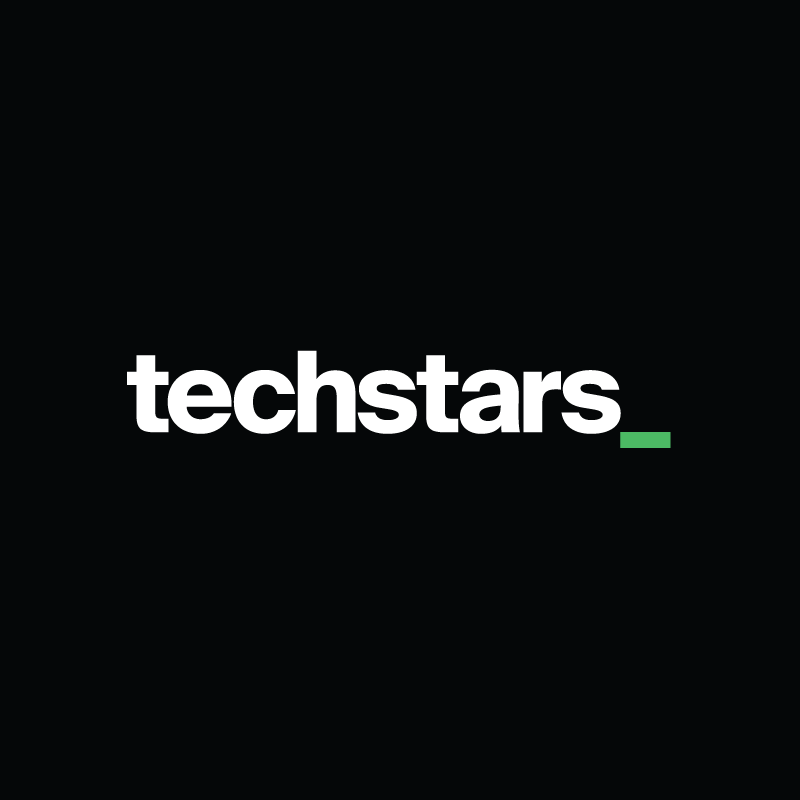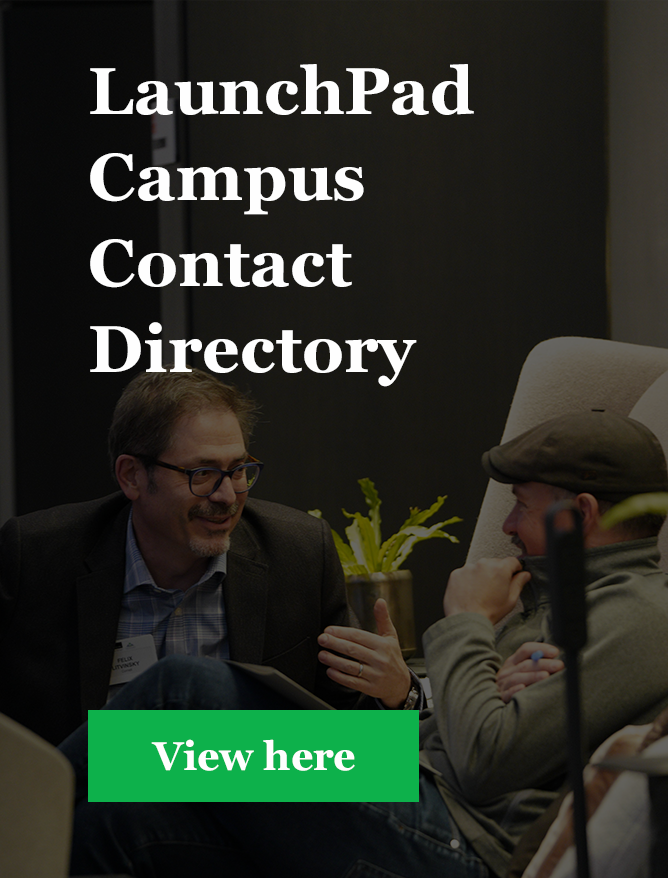Coronavirus and its impacts have upended most traditional, on-campus higher education experiences, and the events, programs, and mentorship of the LaunchPad network are no different. While there may be anxious moments and concern about the long-term impacts of this new remote-reality, there is another, more productive way to think about it: What lessons can be learned and what adjustments can be made to the LaunchPad at your college or university that make the opportunity even more valuable after this crisis passes?
On March 23 and March 30, the Blackstone Charitable Foundation and Techstars hosted two ad hoc ‘Virtual LaunchPad’ network calls. The goal of these calls was threefold:
- To understand the impact of campus closures and how school entrepreneurship programs, staff, and students were adjusting to this transition;
- To share the latest organizational policies and most applicable resources developed by Blackstone and Techstars to help everyone in the network; and
- To offer best practices from Campus Directors and discuss what is (and is not) working.
This last area is where the greatest, future opportunity exists.
While the timeline for returning to campus will differ for schools in various states and countries, expanding remote and virtual delivery program capabilities will be useful long after the coronavirus crisis is resolved. (Recall, igniting and cultivating entrepreneurship “where student founders are,” has always been a foundational approach to the LaunchPad network.) This approach certainly applies now when traditionally on-campus students are away from campus for health and safety reasons. But it is also applicable when students are off-campus due to:
- summer or holiday breaks,
- study abroad,
- internship opportunities,
- permanent commuter student status.
(It is also important to recognize that online learning was already a major and growing trend in higher education long before the coronavirus upended the in-person model: By 2016, ⅓ of all students took at least one online course and this percentage was growing 5-6% per year.)
So what insights have we learned, so far, that can be used in the future? Based on Campus Director experiences shared during these two network calls here are four initial key takeaways:
- Live presentations and speaker series that are delivered remotely can be repurposed and shared more widely if recorded. This can be achieved in a number of ways. Mai Temraz at UC, Riverside, for example, is working a student entrepreneurship club to sponsor and plug their scheduled speakers into an existing podcast program. By then, sharing the audio recording across both entities’ digital channels it can reach an even wider audience over a longer period - including by students who would not have normally been able to be physically present. This strategy can also be achieved by simply recording Zoom, WebEx, Blue Jeans, or almost any video conference call software. Sara Maibach, with the LaunchPad at NYU, even shared that they have so far experienced higher RSVP/attendee rates for live events hosted online than what they typically experience with in-person events.
- Pitch competitions hosted online can be opened to a wider population of student participants and provide multiple other beneficial outcomes. Dresden Goldberg, at UT, Dallas, who had been wrapping up two on-campus accelerator programs has transitioned the culminating pitch competitions online. Though these can be executed in a number of ways, in this case, participants submitted their slide deck pitch via recorded video. (This recording, of course, can be repurposed and utilized by students for other opportunities.) Dresden has developed a digital scoresheet for judging, and by no longer requiring judges to be physically present, she has been able to engage non-local mentors including her Blackstone Campus Ambassadors. Feedback and evaluations will be provided to students, and winners will be announced via emailed newsletter and social media. Sharing popular competition result-news like this via these channels also has the long-term benefit of growing followers.
- Resources collected and provided to student entrepreneurs can be repurposed with LaunchPad alumni (re-engaging and strengthening those relationships). Linda Dickerson Hartsock at Syracuse University shared that in addition to being “busier than ever” supporting current students with early-stage startups, she’s also been receiving an incredible volume of inquiries from alumni. For this population, she has been directing them to financial resource (stimulus loan) instruction, operational strategy resources (like the Syracuse LaunchPad COVID-19), and connecting them to local and state government officials for clarity on rapidly changing business mandates. As noted in previous LaunchPad Best Practices, this pool of alumni entrepreneurs can be a critical resource for mentors, speakers, and event judges (as well as donors). Making an investment in these relationships now will pay dividends in future years.
- When planning virtual events consider opening select events up to a limited number of student participants from other LaunchPad schools. Several Campus Directors commented on the fact that while inviting participation across a global network is a more challenging when events are primarily live and in-person, virtual events present a much easier opportunity to leverage cross-network efforts. Schools that are hosting virtual competitions, seminars, and other events and are interested in making capacity for other LaunchPad students, can share these opportunities on the Blackstone LaunchPad slack in either #events, #opportunities, or #virtual-resources channels. (Thank you to those schools that have already done so! Please keep them coming!)
One final *bonus* resource you may be interested in exploring either during, or after, this current coronavirus crisis: Techstars Berlin Accelerator participant, Highre, offers a new online career fair platform, bringing career opportunities and role models to young talent, no matter where they are.
Though the timeline for when college life - and LaunchPad network offerings will return to campus remains unknown - what is clear is that situations like these often end up making a network stronger. We encourage you to think strategically about what altered approaches and innovative opportunities can be useful for yourself and all our schools down the road.






